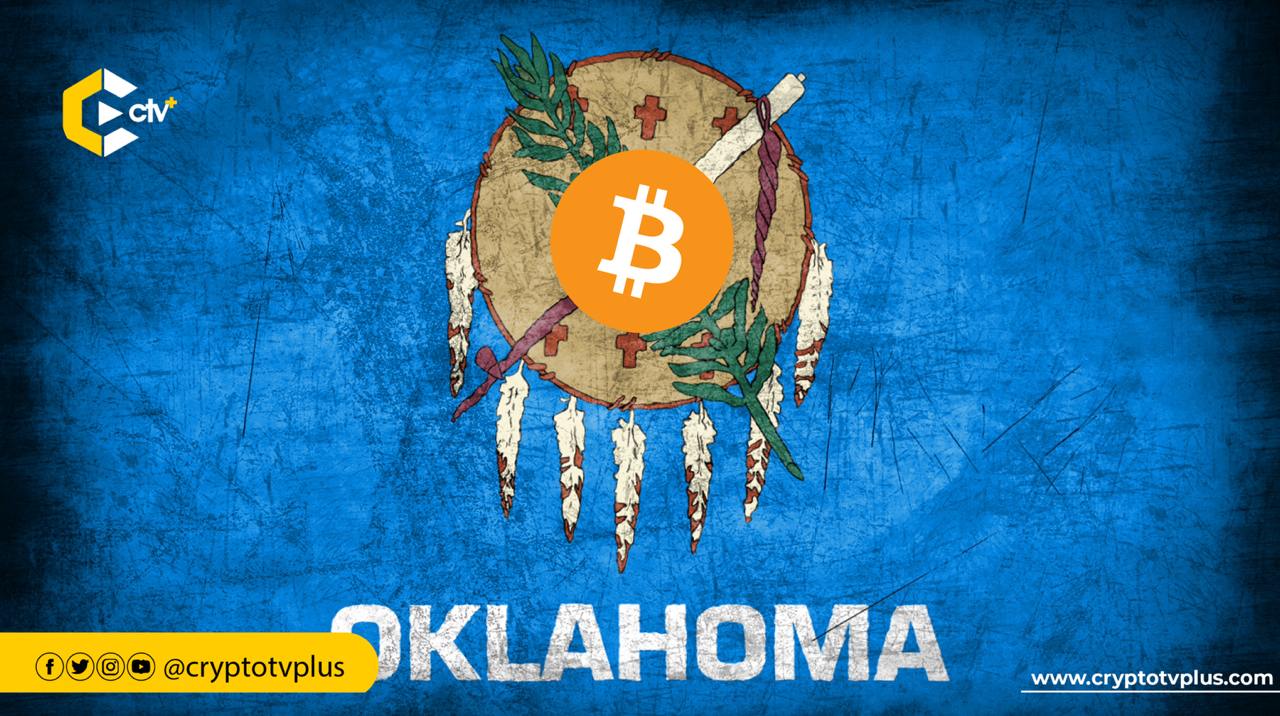News
Oklahoma introduces Bitcoin Reserve Bill

“This [bitcoin] bill is about protecting the hard-earned money of Oklahoma’s citizens,” Representative Cody Maynard said upon introducing the act.
Representative Cody Maynard proposed a bill on January 15 in the Oklahoma House of Representatives to establish Bitcoin as a strategic reserve asset.
House Bill 1203, referred to as the Strategic Bitcoin Reserve Act, seeks to allow Oklahoma’s pension funds and state savings accounts to invest in Bitcoin to counter inflation.
Rep. Maynard said, “Bitcoin represents freedom from bureaucrats printing away our purchasing power.”
The state representative continued:
“As a decentralized form of money, Bitcoin cannot be manipulated or created by government entities. It is the ultimate store of value for those who believe in financial freedom and sound money principles.”
As Bitcoin gains wider adoption by institutions, several US states are working on legislation to create a Bitcoin strategic reserve, and many state pension funds have already added Bitcoin to their investments.
In November 2024, lawmakers in Pennsylvania submitted a proposal to allow the state Treasury to invest up to 10% of its assets in Bitcoin as part of creating a strategic reserve.
According to Mike Cabell, Pennsylvania could benefit from Bitcoin diversification, similar to how private sector asset managers like BlackRock and Fidelity use the digital asset to protect against macroeconomic risks.
Cabell views Bitcoin as an effective way to protect the state’s purchasing power against both inflation and periods of economic uncertainty.
Read also: Pennsylvania House passes landmark ‘Bitcoin Rights Bill’
On Dec. 12, Giovanni Capriglione, a state lawmaker in Texas, presented the Texas Strategic Bitcoin Reserve Act.
Capriglione recommended that the Texas Comptroller of Public Accounts, the state’s chief financial officer, retain Bitcoin as a reserve asset for no less than five years.
On January 10, lawmakers introduced Bitcoin strategic reserve bills in both North Dakota and New Hampshire.
The New Hampshire bill refers to “digital assets,” suggesting that the state could diversify its crypto portfolio beyond just Bitcoin.
Dennis Porter, CEO of Satoshi Action Fund, mentioned that 11 co-sponsors have already supported the North Dakota bill.

























1 Comment